
 |
|
|
Vegetables
Volume 61 Number 1 Date 04/28/2016 SEEDCORN MAGGOT - Degree day accumulations across much of southern and central Wisconsin have surpassed the 360 heat units (sine base 39°F) required for peak emergence (50%) of first generation flies. Untreated corn and vegetable seeds are at heightened risk of SCM damage during this period, especially if seed germination is delayed by low soil temperatures. Peak fly emergence should occur next week in areas north of Green Bay and Stevens Point. COMMON ASPARAGUS BEETLE - The phenology model for this asparagus pest forecasts the first appearance of adults and the start of egg deposition on asparagus spears from 150-240 degree days (simple base 50°F). The lower range of this threshold will be exceeded during the first week of May near Beloit, La Crosse, Madison, Platteville, and other advanced southern and western locations. IMPORTED CABBAGEWORM - Adults have been active since late March. The presence of these yellowish-white butterflies around field plantings and home gardens signals eggs are being laid on early-planted broccoli, cabbage, kale and other cole crops. Btk products for ICW control must be applied while larvae are small. CABBAGE MAGGOT - Peak emergence of first generation flies can be anticipated in the week ahead across southern Wisconsin. This event occurs around 300 degree days (simple base 43°F), as lilacs are in full bloom. Broccoli and cauliflower plantings on light sandy soils are at highest risk of maggot infestation and should be closely monitored early next month for signs of injury. Transplanting cole crops one week before or after peak fly emergence is recommended to avoid the primary damage period. -- Krista Hamilton, DATCP Entomologist 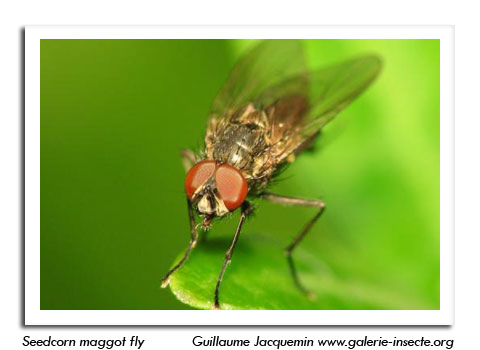
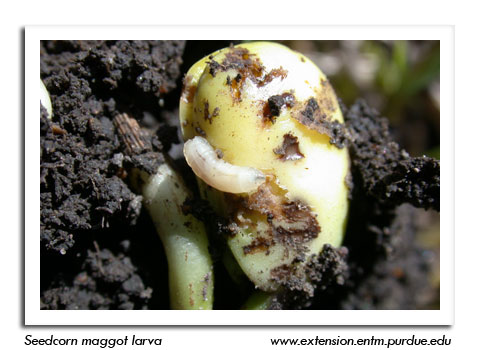
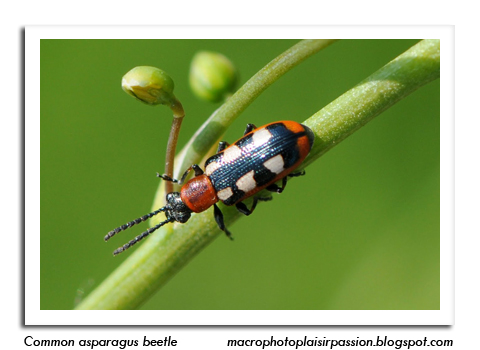
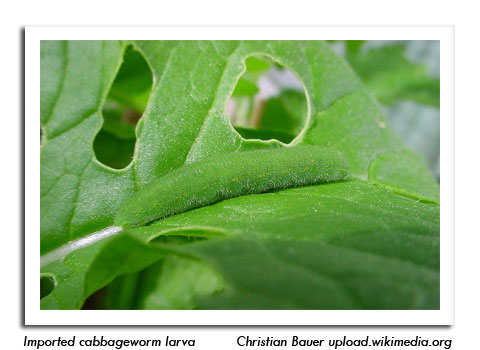
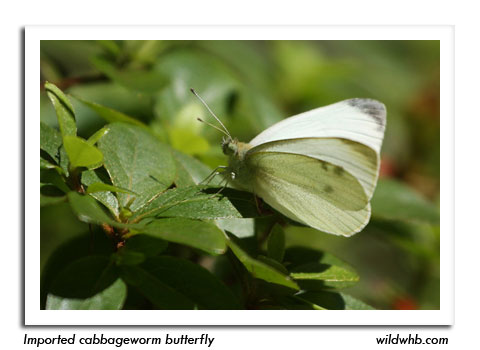
|
|
|